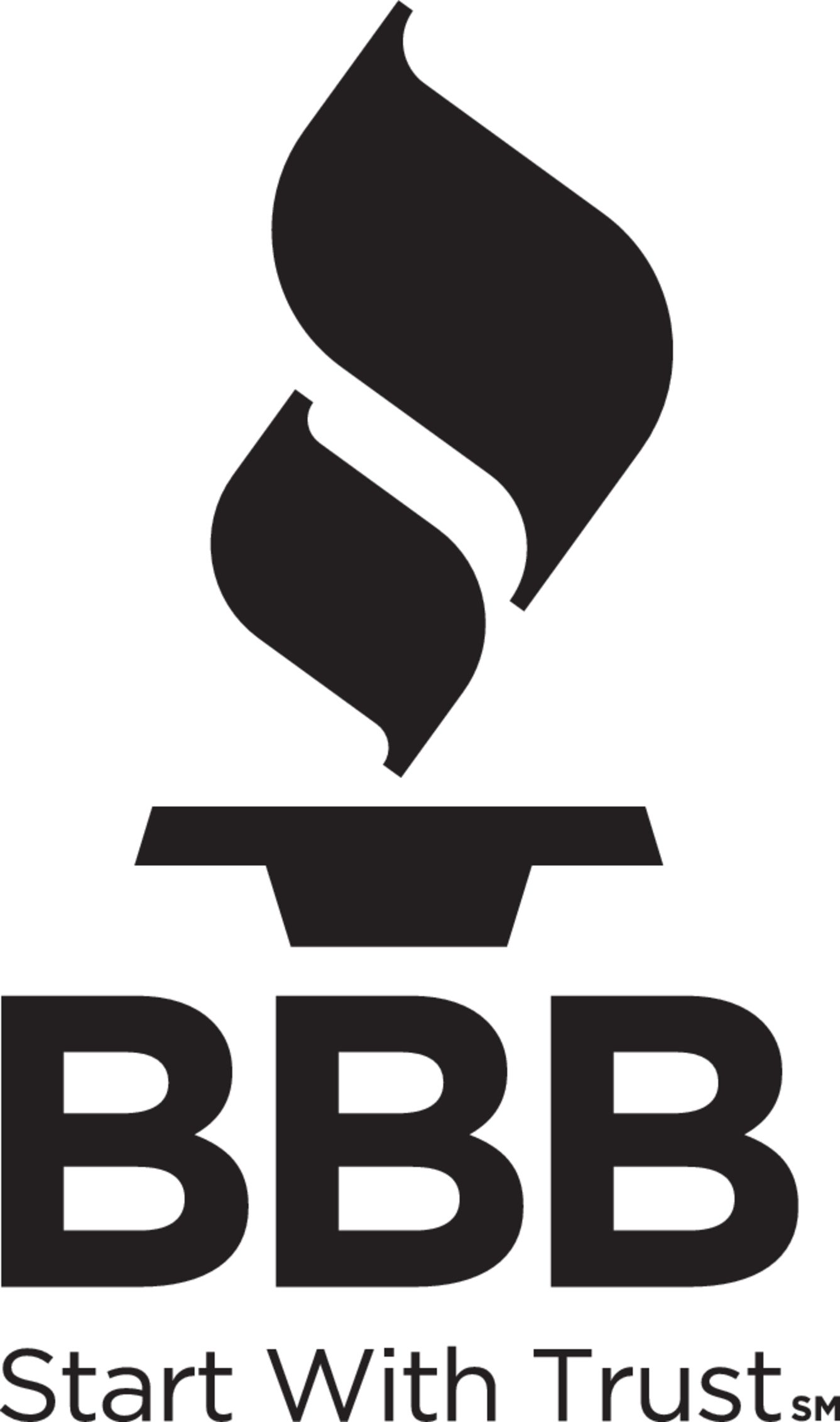Eat the Street Food Truck Festival returns to Franklin’s Bicentennial Park on June 2
FRANKLIN, Tenn. – May 25, 2023 – Eat the Street Food Truck Festival returns to Franklin’s Bicentennial Park on June 2, 2023, from 5 – 9 p.m. with an impressive lineup of food vendors. As Williamson County’s premier food truck festival, Eat the Street has been a family tradition since 2011.
The family and dog-friendly event will feature more than 30 food vendors and serves as one of three fundraisers for the 21st District Recovery Court (Recovery Court), a nonprofit organization that helps end the cycle of addiction in our community by providing accountability and compassion to non-violent offenders in the criminal justice system.
As always, admission to Eat the Street is free and open to the public, though donations are appreciated and will be accepted at the Recovery Court’s two welcome tables. Bring blankets and chairs for picnic style dining.
The funds raised for the event through sponsorships and vendor fees enable Recovery Court to continue to provide program participants with the services, treatment and supervision they need to successfully manage their recovery. Since its first class in 2004, more than 250 participants have graduated from the two-year program, demonstrating their commitment to be free from addiction and live healthful lifestyles. For more information about the event, visit: facebook.com/EatTheStreetFest.
About 21st District Recovery Court
The 21st Recovery Court serves the 21st Judicial District. Program participants are non-violent offenders with a history of chemical dependency, which has shown to be one of the primary reasons for repeated criminal activity. The program works with law enforcement and the courts as participants engage in a highly supervised, two-year program, providing treatment, supervision and support. Graduates of recovery court programs have a low rate of reoffending, especially compared to those offenders supervised in traditional court probation and parole programs. Participants’ recovery allows them to have a productive life while the community is served by a reduction in criminal activity and cost-effective treatment for offenders. Most importantly, the families and lives of the participants are restored to a safe and positive environment. Recovery courts in Tennessee are not supported by state judicial budgets, rather they are partially funded by a portion of statutory court costs paid by criminal offenders. For more information, visit 21stdc.org or call 615.595.7868.
###


